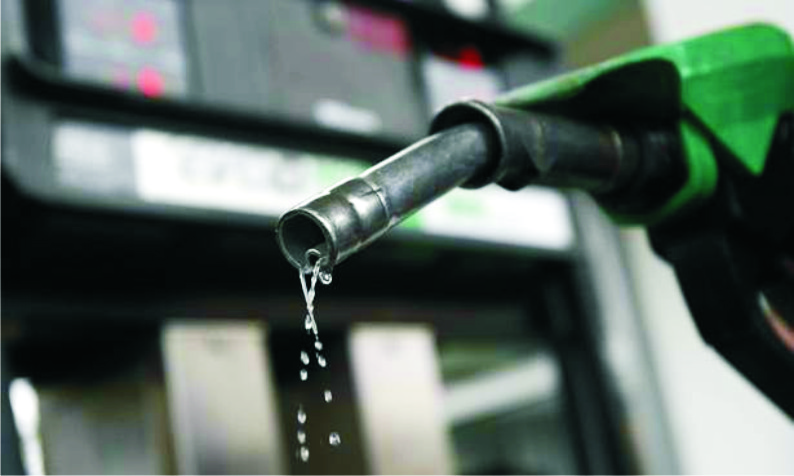Oil & Energy
Petrol Imports Gulped N1.71trn In 2019, Says NBS

The amount spent on petrol imported into the country dropped by 42 per cent to N1.71tn in 2019, data obtained from the National Bureau of Statistics have shown.
The N1.71tn represented 10.75 per cent of the amount spent on all imported goods last year, compared to 2018 when petrol accounted for 22.4 per cent of total imports (N13.16tn).
The decline in the amount spent on petrol imports last year was partly due to the fall in the average price of Brent crude oil, the international benchmark. The price of Brent crude averaged $64 per barrel in 2019, down from $71 per barrel in 2018, according to Energy Information Agency.
Nigeria, Africa’s largest oil producer, relies largely on importation for petrol and other refined products as its refineries have remained in a state of disrepair for many years.
The Nigerian National Petroleum Corporation has been the sole importer of petrol into the country for more than two years, after private oil marketers stopped importing the commodity due to crude price fluctuations among other issues.
The refineries, located in Port Harcourt, Kaduna and Warri, have a combined installed capacity of 445,000 barrels per day but have continued to operate far below the installed capacity.
Petrol imports gulped N190.78bn in the first quarter of last year; N572.28bn in Q2; N371.79bn in Q3, and N574.88bn in Q4.
The amount spent on petrol imports rose by 49.75 per cent to N2.95tn in 2018 from N1.97tn in 2017, according to the NBS data.
Petrol imports gulped N1.63tn in 2016, representing 18.4 per cent of total imports.
Latest data from the NBS showed that the country imported a total of 4.87 billion litres of petrol in Q1 2019; 5.61 billion litres in Q2, and 5.09 billion litres in Q3.
The NNPC had said in July 2019 that petrol was being smuggled out of the country to Ghana, Burkina Faso, Mali and Cote d’Ivoire as a result of the price disparity of petrol between Nigeria and the other West African countries.
The corporation, through the ‘Direct-Sale-Direct-Purchase’ arrangement introduced in 2016, supplies petroleum products into the country.
Oil & Energy
NERC, OYSERC Partner To Strengthen Regulation

Oil & Energy
NLC Faults FG’s 3trn Dept Payment To GenCos

Oil & Energy
PENGASSAN Rejects Presidential EO On Oil, Gas Revenue Remittance ……… Seeks PIA Review

-

 News3 days ago
News3 days agoAmend Constitution To Accommodate State Police, Tinubu Tells Senators
-

 Politics3 days ago
Politics3 days agoSenate Urges Tinubu To Sack CAC Boss
-

 News3 days ago
News3 days agoDisu Takes Over As New IGP …Declares Total War On Corruption, Impunity
-
Business3 days ago
President Tinubu Extends Raw Shea Nuts Export Ban To 2027
-
Business3 days ago
Crisis Response: EU-project Delivers New Vet. Clinic To Katsina Govt.
-
Business3 days ago
President Tinubu Approves Extension Ban On Raw Shea Nut Export
-
Sports3 days ago
NDG: Rivers Coach Appeal To NDDC In Talent Discovery
-
Rivers3 days ago
Etche Clan Urges Govt On Chieftaincy Recognition

